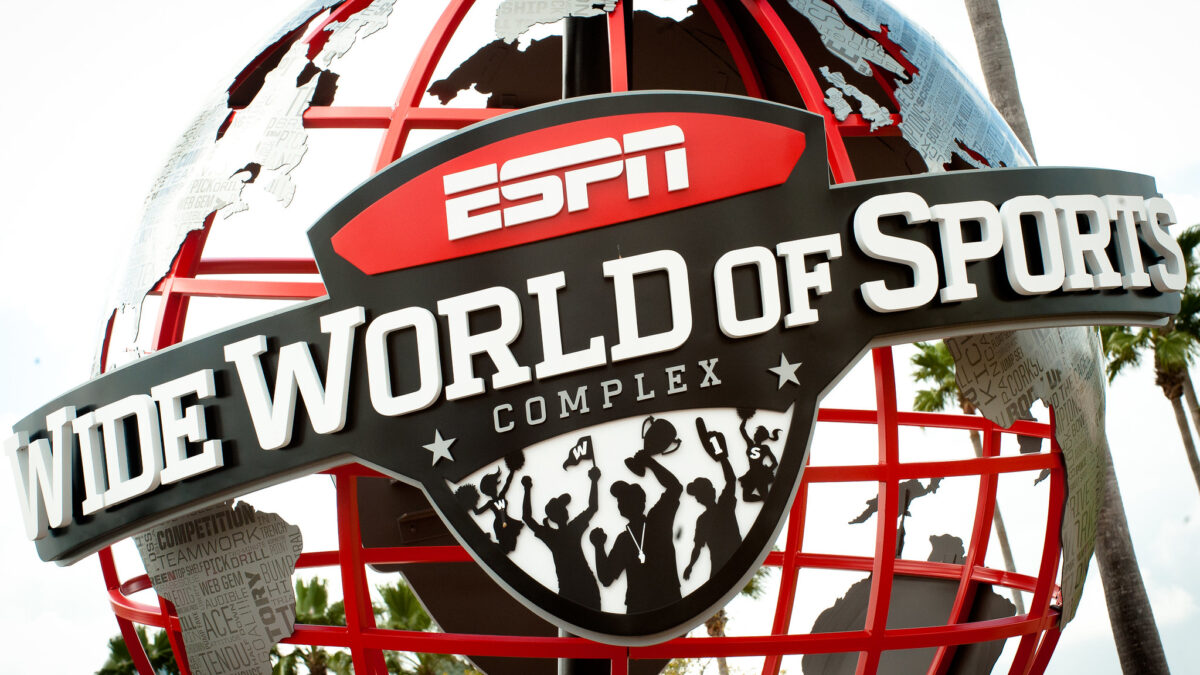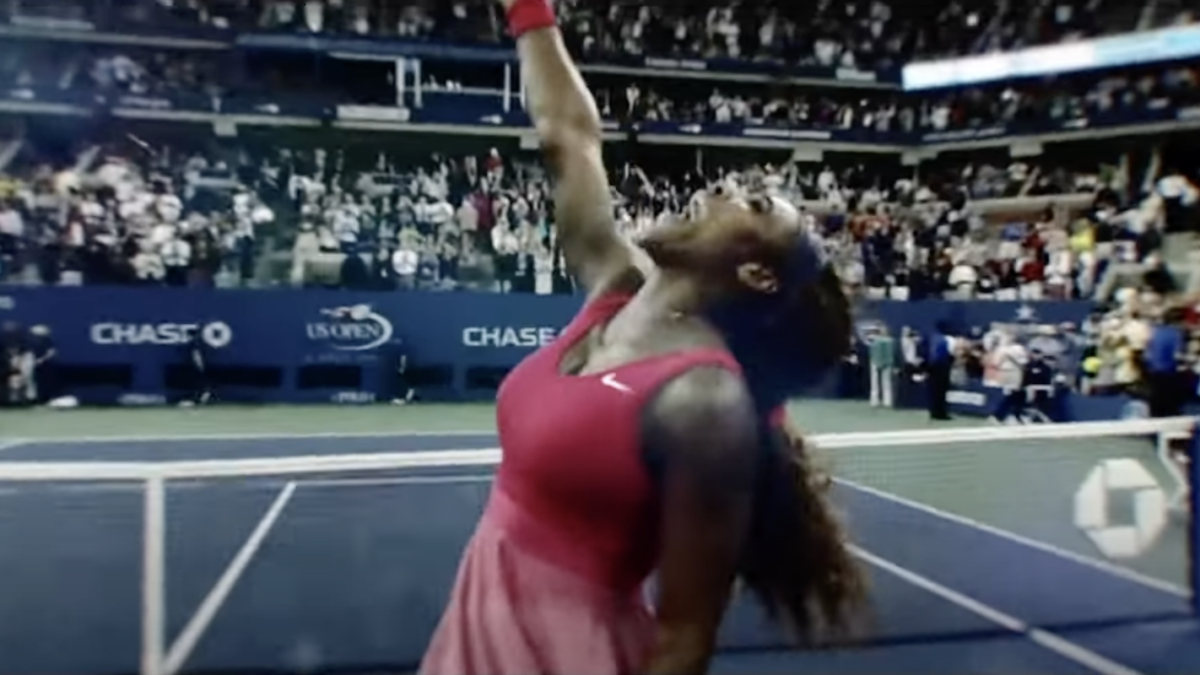The 2022 election results for the Baseball Hall of Fame are the last straw. After decades that had already watered down the criteria for the most selective and respected sports hall of fame, the vote announced on Jan. 25 demonstrated the complete bankruptcy of the process.
On their tenth and last year on the ballot, two of the greatest players in the history of the sport, Barry Bonds and Roger Clemens, fell short again of election to the Hall. Also not elected was Curt Schilling, who was arguably among the best postseason pitchers ever. Only one player on the ballot, David Ortiz, got the required 75 percent of eligible voters who are active members of the Baseball Writers of America (BBWA) that have covered the game for at least 10 years.
That means this July, Ortiz will be inducted into the Hall, along with six lesser former players, who previously failed in the balloting process but were selected in a separate process by a committee appointed by the Hall to presumably correct any mistakes the writers made.
Ortiz’s impressive hitting numbers justify his selection even if they do not compare to those who are among the best of the best in baseball history. By that I refer in particular to Bonds, who hit the most home runs in baseball history and whose 162.7 lifetime Wins Above Replacement — the newfangled baseball statistic that measures the overall value of a player to his team’s success via hitting, defense, and pitching — is more than triple that of Ortiz’s 52.7.
Role of Performance Enhancing Drugs
Of course the reason they weren’t elected in any of their 10 years of eligibility is not because the writers believe that “Big Papi” — as Ortiz was affectionately known — was a better player than Bonds or more valuable than a pitcher like Clemens (138.7 WAR and third in all-time strikeouts) or Schilling (80.5 WAR), whose postseason heroics helped the new Hall of Famer win two of his World Series rings.
Clemens and Bonds failed to win election over 10 years because they are rightly understood to have used Performance Enhancing Drugs (PEDs) during parts of their careers. Many believe the use of steroid drugs is enough to disqualify a player for the Hall on the basis of his bad character.
Schilling wasn’t a steroid cheat, but he lost because enough of the voters believed his political beliefs about Muslim extremism, transgender ideology, and, most particularly, his extravagantly expressed hatred for journalists (“Rope. Tree. Journalist. Some assembly required.”) are more important than his 11 postseason wins.
The anti-steroid zealot position the writers take can be debated (and has declined over the last decade as Bonds and Clemens’ vote totals doubled over that period, though not enough to gain election). The ability of players like Bonds and Clemens to stay great or even get better during what would have otherwise been expected to be a period of decline as they aged is attributed to their steroid use. Other players who have admitted to using PEDs, like home-run champion Mark Maguire, were also clearly aided by their use.
But those who used steroids were not transformed into different, better players. PEDs are not the moral equivalent of the nuclear spider that turns comic book character Peter Parker into Spiderman. Over the years, almost all of those who were caught once testing was instituted in 2003 were mediocre or lousy players who remained mediocre or lousy.
Of outstanding athletes who violated the tests, no one can say just how much or little aid they received from PEDs because there have been no serious clinical studies about their impact on professional baseball players. Opinions about steroid use are therefore anecdotal and subjective.
That doesn’t mean PEDs aren’t terrible for many reasons, including the health hazards associated with them. Nor can it be argued that it wasn’t cheating because the use of illegal drugs wasn’t formally against the rules for most of Bonds’ and Clemens’ careers, though players who were caught cheating after testing was instituted — such as Manny Ramirez (69.3 WAR) and Alex Rodriguez (117.5 WAR), who also fell short in the vote — are in a weaker position to argue for their worthiness of the Hall of Fame.
Winking at Cheating
Until now, Bonds and Clemens’ opponents could argue that although several players inducted into the Hall during the last two decades were also likely guilty of steroid use, that couldn’t be proved. But Ortiz failed the first PED tests administered by the sport. However, unlike Bonds, Clemens and Schilling, who hated the baseball writers and are in turn widely despised by them, Ortiz was a popular figure. The voters were willing to wink at his cheating.
What has emerged over the years is a realization that PED use was far more widespread than initially believed and that many players, good, bad, and indifferent, used them.
One can dismiss the hitting statistics of the 1990s and early 2000s as inflated by PED use and assert that Hank Aaron (who played in an era when players commonly used amphetamines that are now banned, but not the more advanced scientific creations of the steroid era) is the true home-run king, or that Roger Maris’ total of 61 home runs in a single season should still be considered the record rather than the higher totals amassed by Bonds, Mark McGwire, or Sammy Sosa.
But, like the baseball immortals who played in the pre-integration era and never faced African-American greats, we can only judge players by how they stack up against their competition. And by that standard Bonds and Clemens are among the greatest who ever played and deserving of induction even if their achievements — as well as those of the players they faced — were aided by drugs.
Other Disqualifiers
As for keeping Schilling out because he’s considered a right-wing troll by the woke scribes who have full-time jobs covering baseball these days, a character test of past baseball greats would eject many from the Hall for racism and other failings.
Let’s also draw a clear distinction between PED use and others who are kept out of the Hall for violating the rule against gambling on their own games (like all-time hit king Pete Rose) or for being bribed to lose, such as was true of “Shoeless” Joe Jackson, who is ineligible for the Hall because, as one of the eight “Black Sox,” he helped throw the 1919 World Series.
Jackson’s plight was romanticized by the movie “Field of Dreams.” But he was guilty of taking money for deliberately losing a World Series (unlike some of the others implicated, in grand jury testimony, he admitted that he was actually paid $5,000 by the gamblers). The difference between cheating to lose and cheating to win (as for the steroid users) is not unimportant.
The distinction between competitive sports and spectacles like professional wrestling that are athletic theater is the idea that everyone is playing to win.
We can hate those who violate the rules to gain an unfair advantage, like the 2017 Houston Astros for their sign-stealing system or the 1951 New York Giants who won a pennant on a historic home run that might have been achieved by a similar tactic. But we also know that the line between gamesmanship and more overt cheating is thin. After all, few if any question the inclusion of pitcher Gaylord Perry (93 WAR) in the Hall despite the fact that he openly admitted that he cheated throughout his long career by greasing the ball to make it elude hitters’ bats.
Ortiz Vote Shows System Broken
But by voting in Ortiz while keeping out Bonds, Clemens, and Schilling, the BBWA has demonstrated its selection process is irretrievably broken. Moreover, the veterans committees that have added many players not elected in the last few decades have diluted its ranks by choosing the merely good or above average with selections like Harold Baines (a shockingly low 38.7 WAR) that long ago justified the complaints of baseball historian Bill James.
James, the godfather of the new statistical revolution that overtook the sport in the last two decades, wrote a 1994 book on the subject, “Whatever Happened to the Hall of Fame?” that is now more relevant than ever. Sadly, the board of the Hall of Fame remains satisfied with this broken system with no reforms in sight. The writers should be fired, but the chances that they will be replaced by panels of genuine experts are, at present, non-existent.
Baseball has an important place in the hearts of Americans as our national sport. Its history — made understandable by its statistics, both new and old, which allow us to compare players between the eras — should be treated with care.
The Baseball Hall of Fame was long rightly considered the best of such sports institutions because it elevated only the true greats to its pantheon. But by making a hypocritical hash of the steroid era and by allowing politics to play a role in the voting — and with little chance that committees will correct this error because their members are as prejudiced against Bonds, Clemens, and Schilling as the writers — it’s no longer possible to take it seriously as a standard of excellence.









